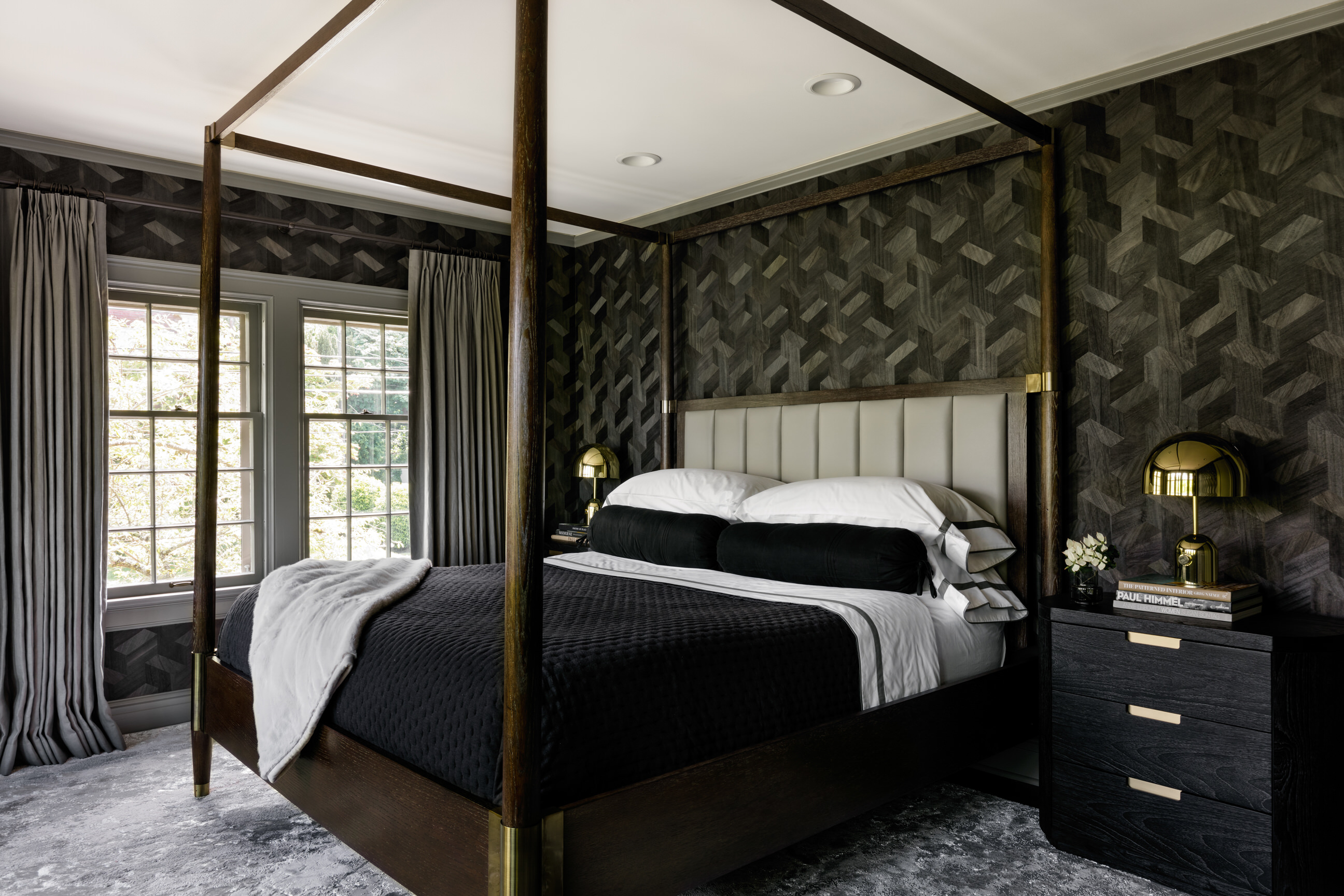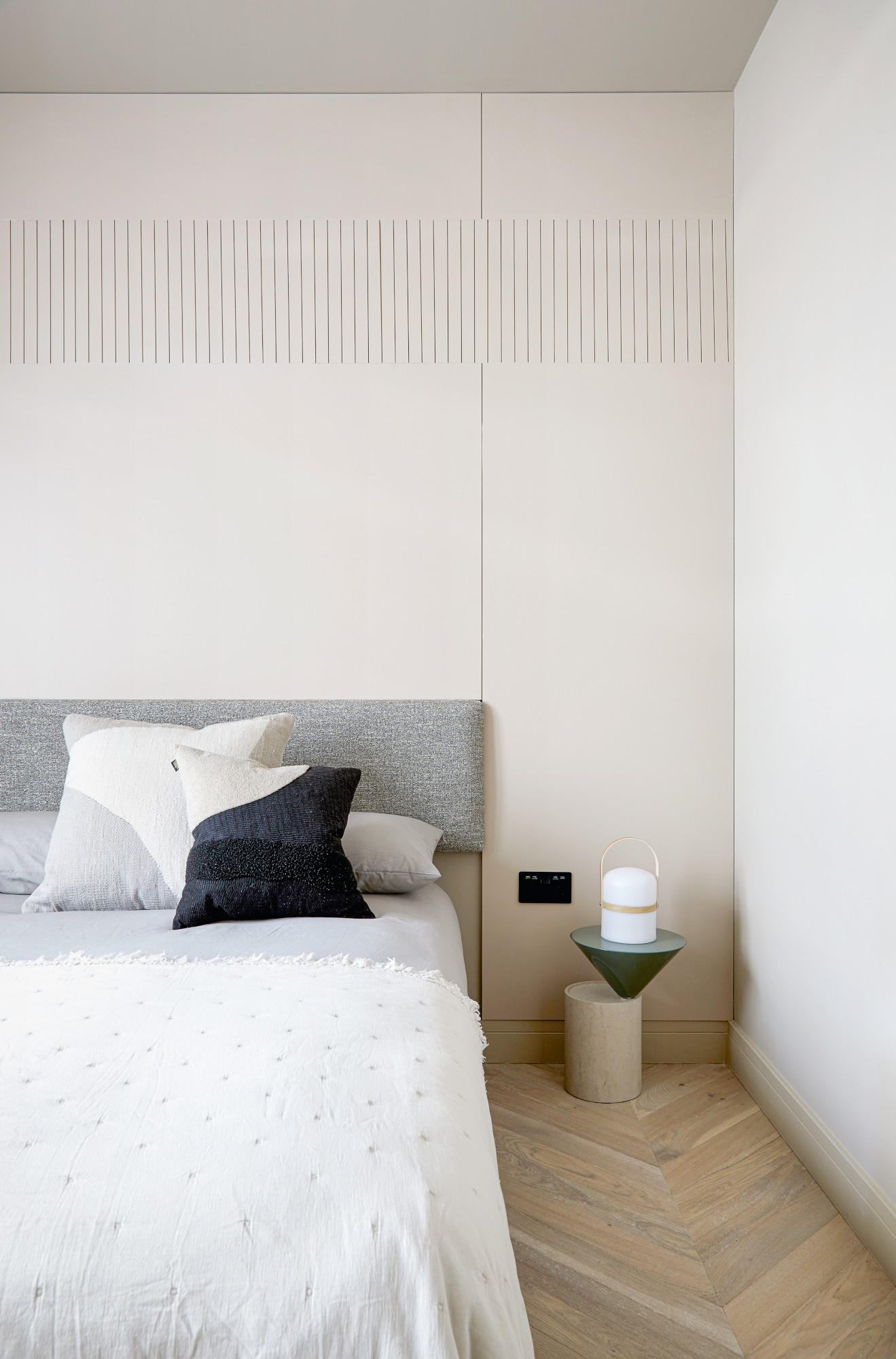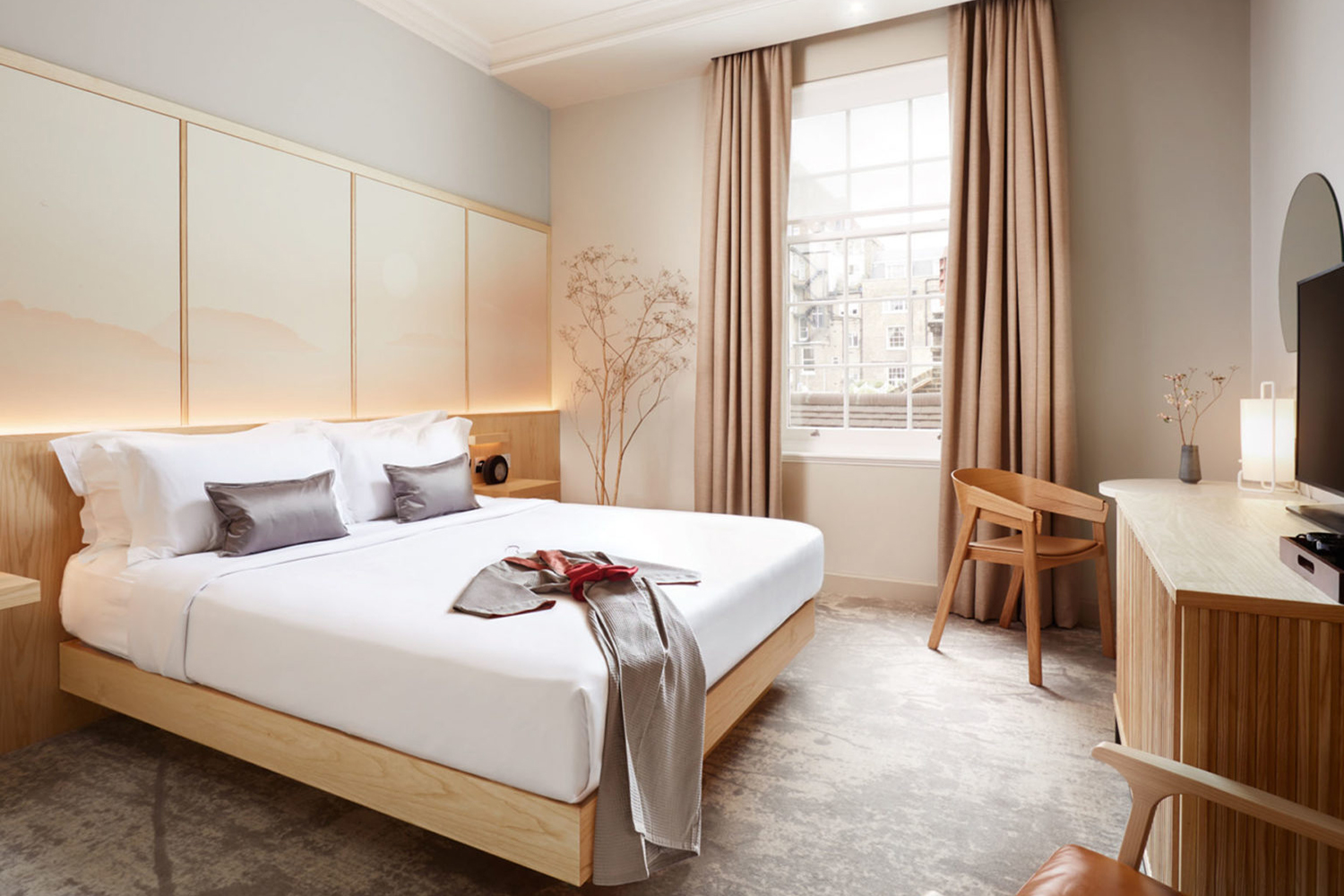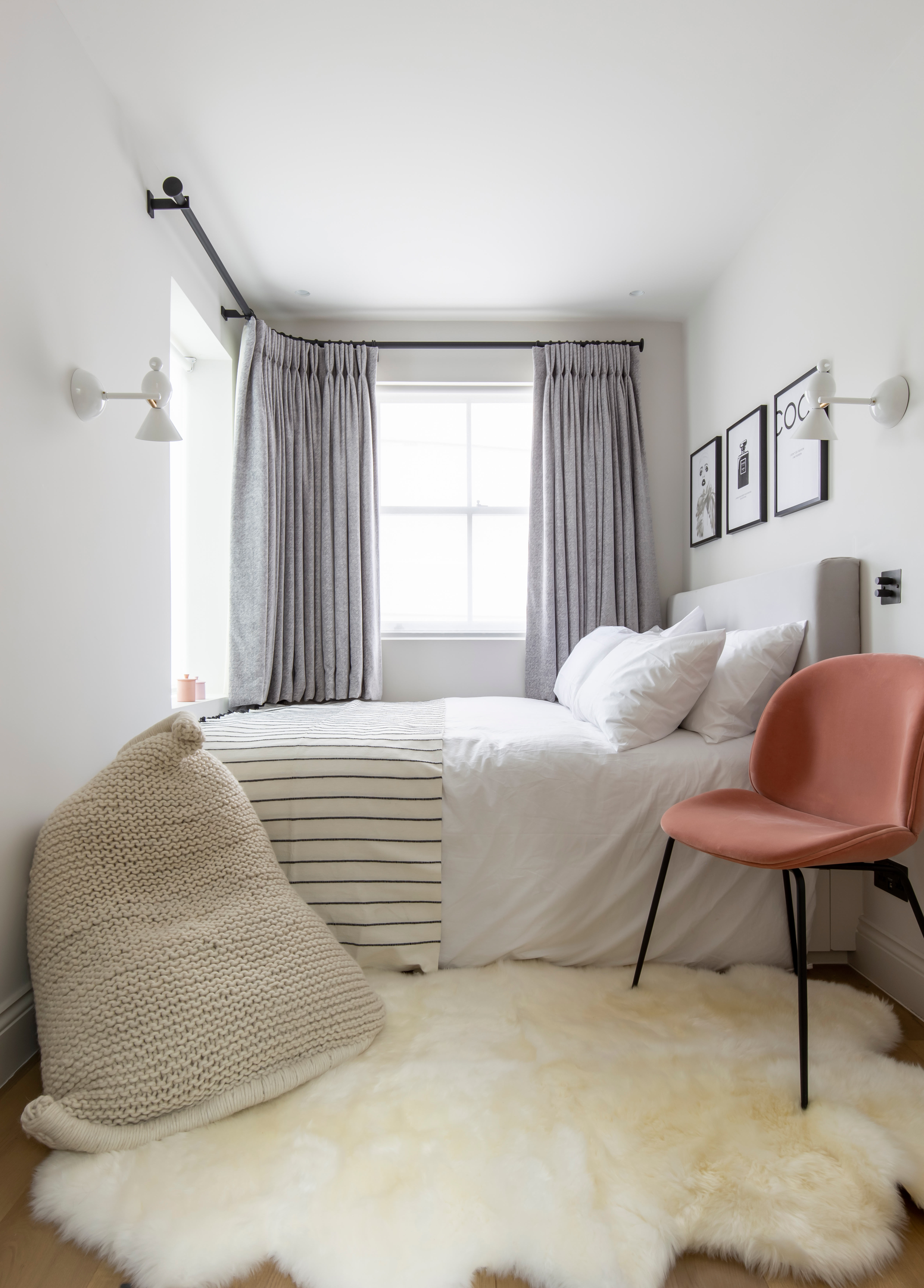
Do you spend all day looking forward to bedtime but when you do go to bed, you end up procrastinating sleep? As per experts, this issue is common. Many people end up spending time on the phone, or binge-watching TV shows during bedtime, and eventually compromise on the quality of their sleep.
But there's a way to unlearn this habit. We've consulted design and sleep experts to understand how to sleep better and combat sleep procrastination. Take a look.
1. Eliminate distractions in the bedroom

So, why do people sleep procrastinate? 'This could be due to the fear of missing out or because of anxiety/stress/ruminating thoughts on work/family/health/world events,' says Dr Chad Eldridge, a Hästens sleep and wellbeing advisor. 'The general awareness of time is lost when you spend massive amounts of time scrolling on the phone, reading work emails, or binge-watching shows. This could also be because you lack some form of discipline.'
'A bedroom should be for sleeping,' asserts Claire Spring of Silk and Snow. 'It’s tempting have a PlayStation in the bedroom or to scroll on TikTok before bed, but the distractions can contribute to decreased productivity and worse sleep.'
Bringing your work into your bedroom can often be appealing, especially if you work from home, but this blurs the boundary between rest and productivity, leaving your body uncertain of the room's main function.
'Eliminate distractions such as electronics or work-related items from your bedroom to prevent the temptation of staying up late,' says Audrey Scheck, founder of Audrey Scheck Design
2. Build an atmosphere of relaxation

While everyone loves a pretty bedroom filled with colors and textures, these could have a major impact on your emotional and mental state. Also, bright lights could stimulate you, making you more productive and alert. Instead, consider a minimalistic bedroom with muted colors and warm lights that allow you to drift off to sleep easily.
'Bedtime procrastination is a common struggle for many,' notes Audrey. 'But you could implement a few design tricks to help combat this tendency. Start by creating a calming and inviting sleep environment by using soothing colors, soft lighting, and comfortable bedding to promote relaxation. Consider incorporating real plants and natural materials to evoke a sense of serenity.'
3. Embrace simplicity

Love the idea of a maximalist bedroom? It may be best to reserve that design theme for the rest of your home. For the bedroom, relaxation, and serenity need to be the tentpoles for the design.
'Keep the bedroom furniture and decor minimal, so your body knows to wind down and relax as soon as it steps into the bedroom,' recommends Claire.
Creating a clear distinction between the space in which you work, and the space in which you sleep, is crucial in preventing bedtime procrastination.
In small bedrooms that act as multifunctional spaces, it may be hard to create a space only for sleep. In this situation, Claire advises: 'If you don’t have the luxury of space, creating a divider between where you work and sleep can also do the trick. I love placing a nice chair in the corner of a room that becomes a reading nook (or phone scrolling zone!) to add separation.'







